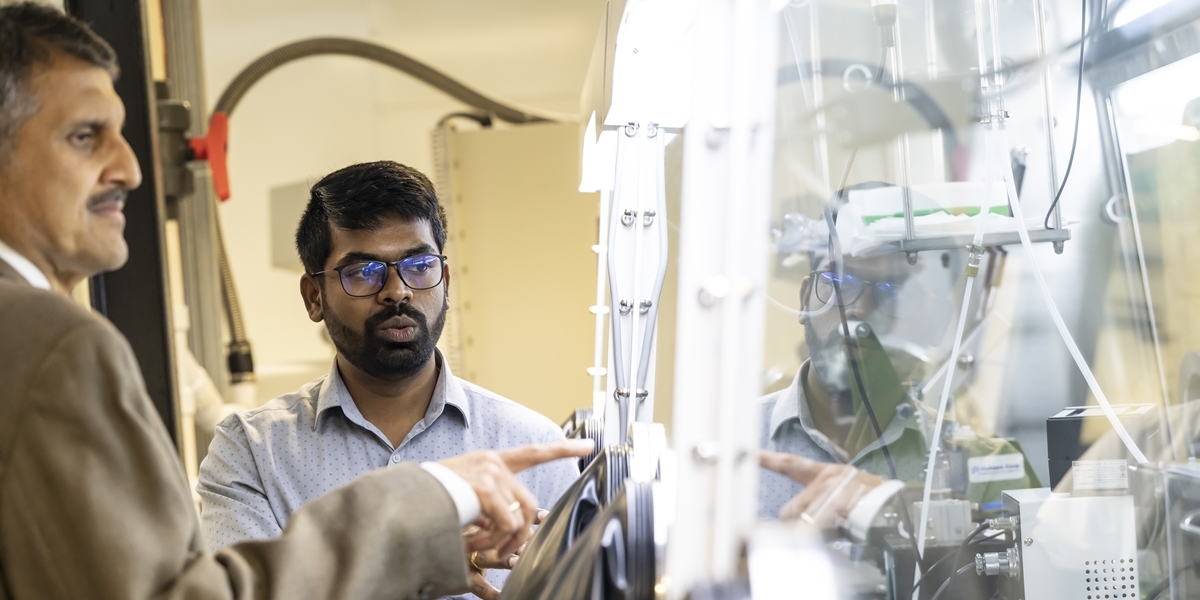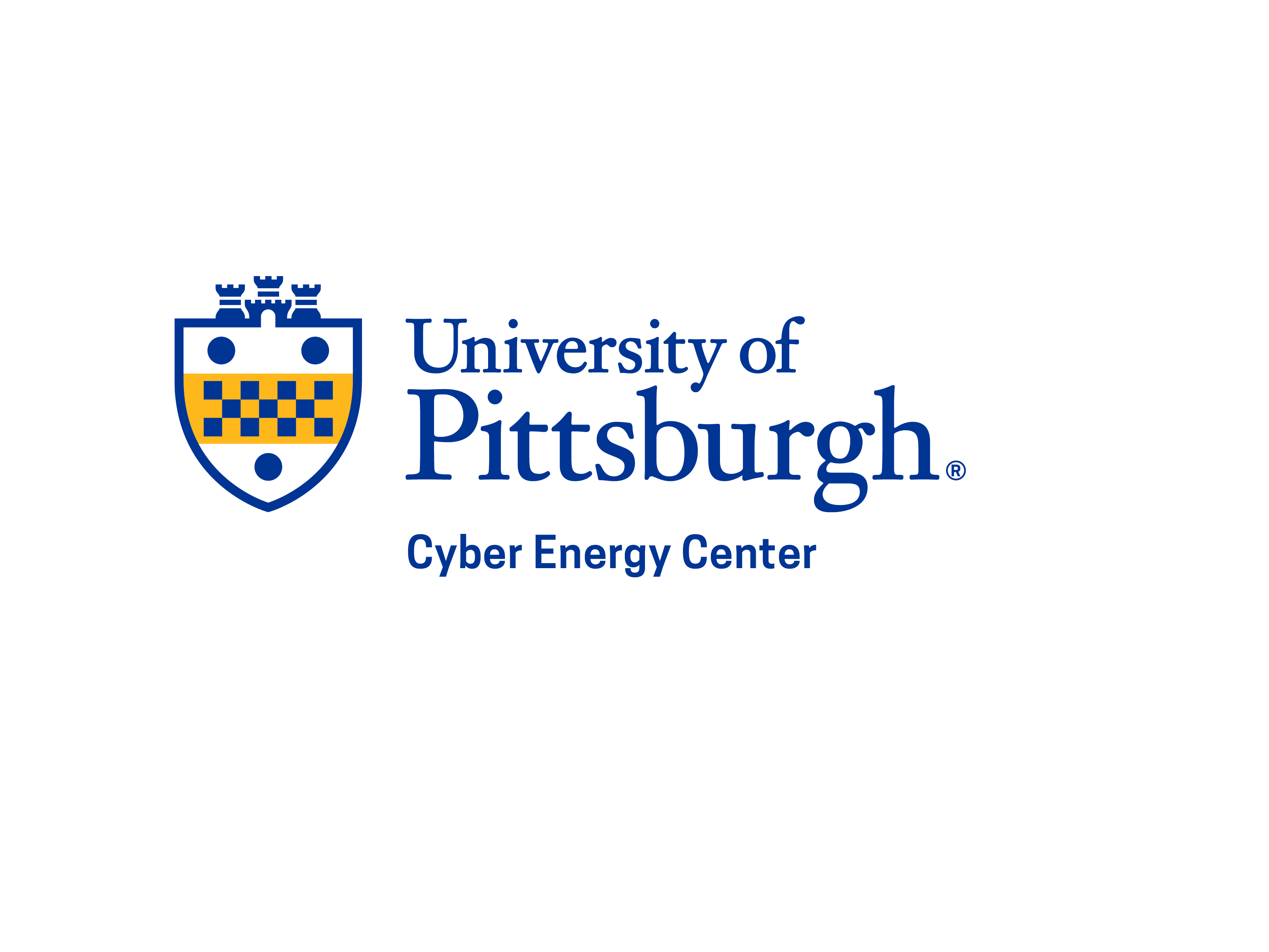Research

The Cyber Energy Center's research is investigating cyber digital twins of the cyber-energy systems, the electrical grid, and its critical OT infrastructure. A cyber digital twin combines virtual representations of both the digital and physical domains that make up a cyber-energy system. With this, you can create a virtual version of a smart machine, estimate its evolution, and predict changes in performance and health.
Intrusion detection and tolerance
In this research focus area, we are investigating the use of digital twins for intrusion detection and tolerance. Intrusion detection is the ability to determine if an intrusion to the OT system has occurred. Intrusion tolerance is the ability to continue to operate correctly while partially compromised. Challenges exist for both processing the large amounts of data that can come from modern OT systems and the means for managing system architecture to ensure tolerance. Digital twins provide useful tools to address both of these challenges.
Modeling, implementation, and applications
We are investigating particular aspects of digital twins for energy applications. First, we are exploring how digital twins can help the energy sector better manage energy and its security. Second, we are quantifying the uncertainty in digital twins, and determine how that uncertainty propagates through time and manifests itself in the situational awareness of energy operators. Third, we are investigating aspects of the digital-twin models, how service buffers fill and empty, and their effect on the rest of a systems.
Improved cybersecurity policy
Energy firms have the same cybersecurity concerns as other sectors but also must consider how a cyber-incident impacts health, the environment, the climate, and the safety of the public. In this area, we are identifying the barriers organizations face to make a robust cybersecurity program, systematically classify those barriers as cultural, regulatory, economic, informational, and identify corporate and public policy measures that facilitate implementation despite barriers. Doing so will help organizations design and implement more meaningful and effective policy to ensure robust cybersecurity programs.
